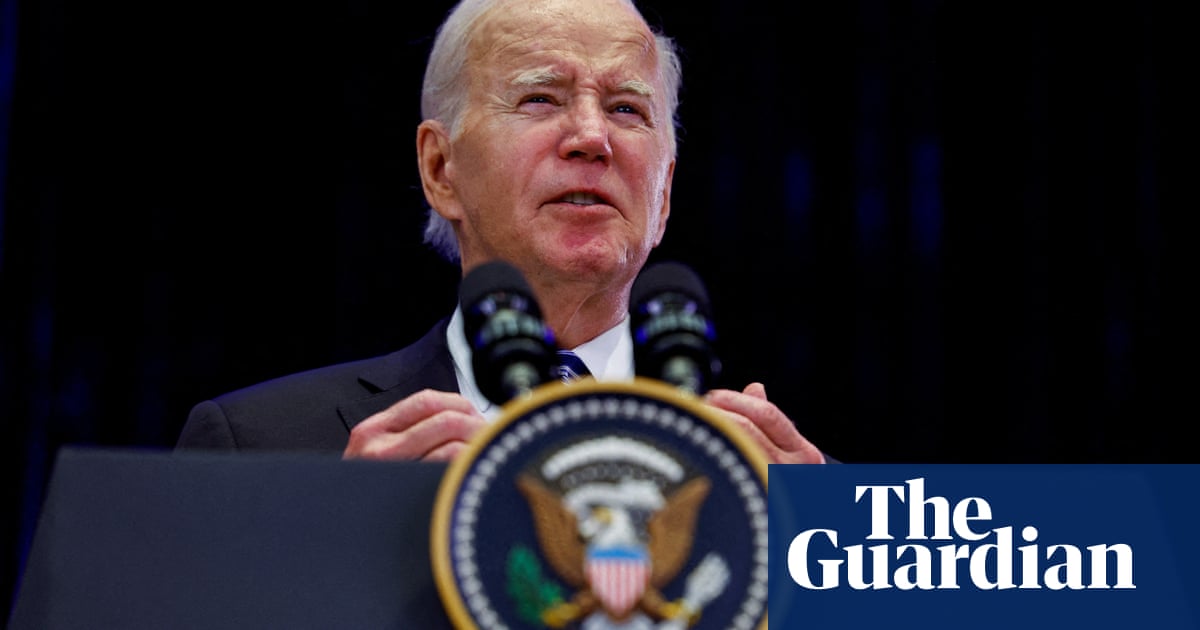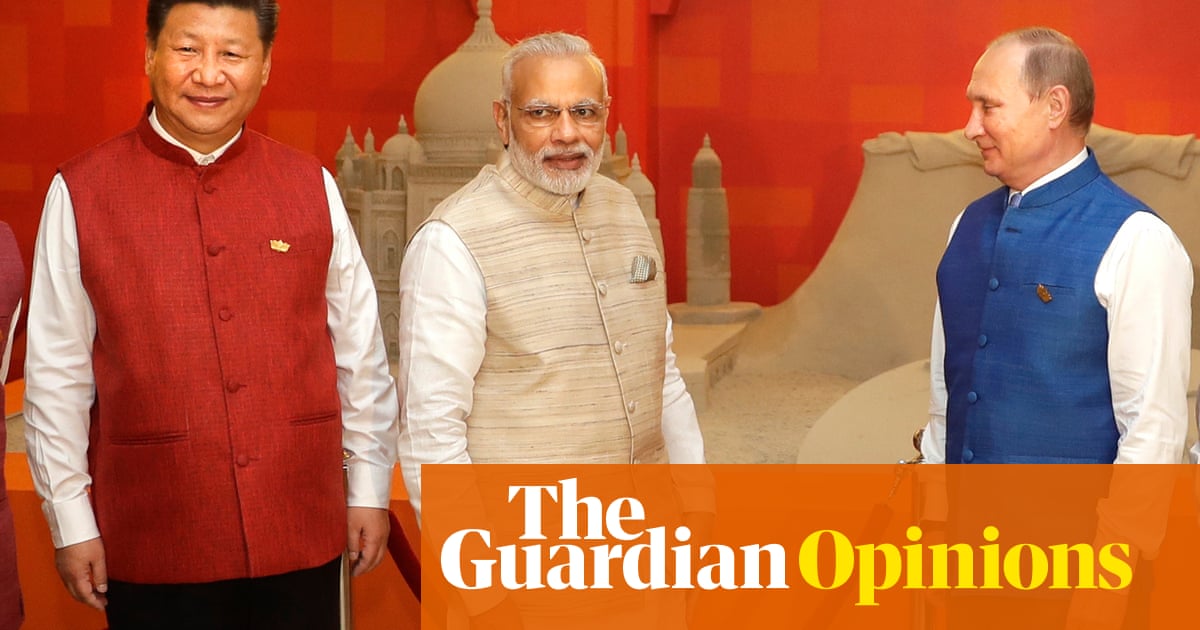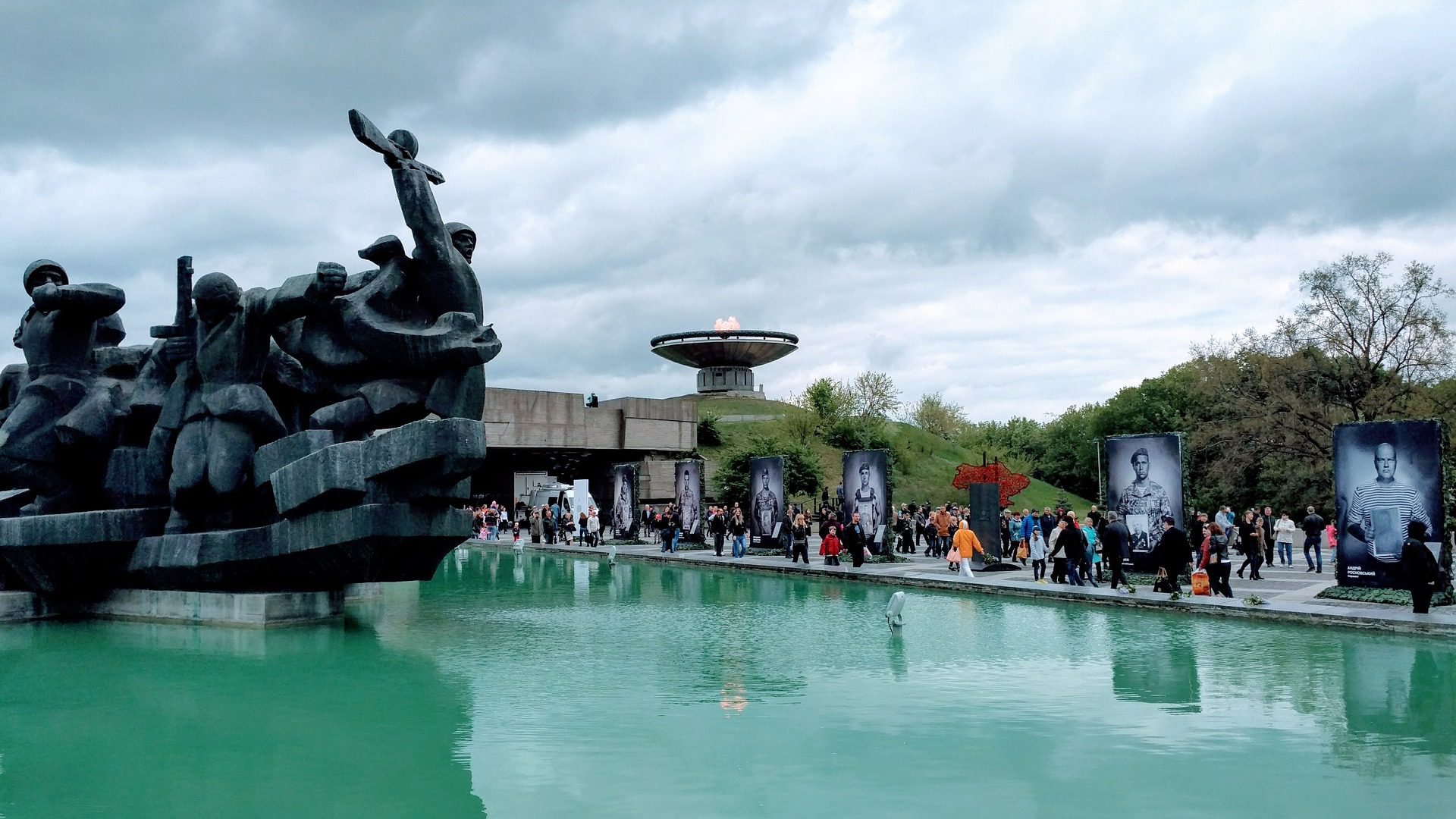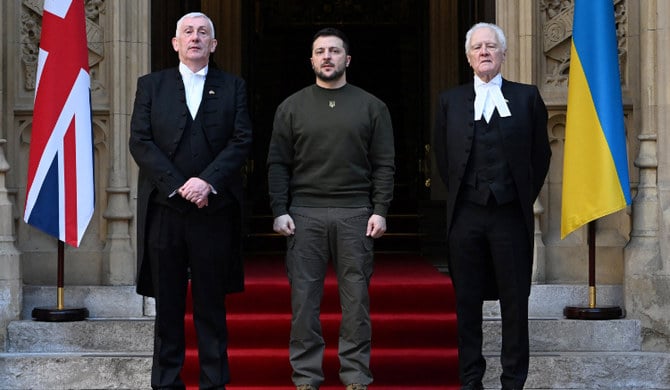
Reflecting the instincts of a cold war veteran, Joe Biden’s strategy was familiar: contain the conflict. When the US president spoke in Warsaw in March 2022, a month after Russia’s full-scale invasion of Ukraine, he drew a red line at Vladimir Putin’s toes. “Don’t even think about moving on one single inch of Nato territory,” he warned.
The western allies would provide weapons and aid to Kyiv, impose sweeping economic and financial sanctions on Moscow and reduce the rouble to “rubble”, Biden vowed. Though Ukraine is not a Nato member, the US would help the country win this symbolic battle for freedom and democracy. But it would not directly confront Russia unless Russia first attacked Nato.
Thirty months on, Biden’s containment strategy is failing miserably. Like an untreated cancer, Ukraine’s crisis metastasises uncontrollably. Far from being confined to the mud and ice of the Donbas, the war’s spreading, toxic fallout grows more globally destructive by the day. It contaminates and blights everything it touches. True, a “hot” war between Russia and Nato has been avoided so far. Yet Polish and Romanian territory has been affected by stray missiles and maritime attacks. The entire Black Sea region is embroiled, as is Belarus. Putin claims that the west is already waging war on Russia and threatens it with nuclear weapons. Propagandists vow to vaporise Poland.
The crisis has triggered US-Europe splits in Nato and within the EU. Rows flare over sending troops and long-range missiles to Ukraine, inviting Kyiv to join the alliance, and forging a separate European “defence identity”. France’s newly hawkish stance is cancelled out by German caution.
Neutral Sweden and Finland were panicked into joining Nato. The Baltic republics fear renewed Russian aggression. Hungary and Serbia appease the Kremlin. Italy wavers. No one feels safe.
The war is fuelling right-left political extremism as support surges for Putin’s paid-for populist apologists. In Moldova, last weekend’s EU membership referendum was grossly distorted by what its president, Maia Sandu, called a huge bribery operation by “criminal groups working together with foreign forces” – namely, Kremlin stooges.
Now Moscow is eyeing this weekend’s elections in Georgia where it covertly conspires to ensure pro-western parties lose. Such hybrid warfare – subversion, disinformation, influence operations, cyber-attacks, scams, online trolling – has mushroomed worldwide since 2022, as authoritarian regimes follow Russia’s lead.
Failure to contain the war is encouraging seismic geopolitical shifts, most notably the China-Russia “no-limits” partnership. China’s president, Xi Jinping, gets cheap oil; ostracised Putin gets sanctions-busting dual-use tech plus diplomatic backing. But it’s so much more than that. At last week’s Brics summit – hosted by Putin – Russia, China, India, Brazil and South Africa were joined by Iran, North Korea, Syria, Venezuela and, alarmingly, Nato member Turkey (among many others). Putin envisages a global anti-western alliance, Xi a post-American, China-led 21st-century new world order.
These are no idle dreams. For many second-tier countries, the west’s condemnation of Russian aggression in Ukraine and its refusal to condemn, and active facilitation of, Israeli aggression in Palestine represents an intolerable double standard. Some are switching sides.
What better illustrates the unbounded nature of this inexorably expanding conflict than the startling news that North Korea, in a breath-taking counterpoint to US and UK military intervention in the Korean war nearly 75 years ago, is deploying troops to the Ukraine theatre?
And how appalling that Donald Trump can cynically use Ukraine’s “forever war” to persuade US voters that Democrats like Kamala Harris cannot control a chaotic world, Nato is a con-trick run by freeloading Europeans and the UN is useless.
The war diverts attention from other grave conflicts, from Sudan to Myanmar. Attacks on Kyiv’s grain exports have caused food shortages and price spikes hurting poorer countries. It disrupts cooperative action on climate; indeed, it has greatly increased greenhouse gas emissions While Putin, indicted for war crimes, goes unpunished, respect for international law and the UN charter plummets. Impunity flourishes.
The war’s enormous economic costs are escalating. The World Bank estimates that the first two years caused $152bn (£117bn) of direct damage in Ukraine. The UN predicts $486bn is needed for recovery and reconstruction. Each day, the totals rise. Meanwhile, Russia constructs shadowy international networks – an officially approved black market – to circumvent sanctions and undermine dollar hegemony.
The cost in lives is heartbreaking. Conservative UN estimates suggest that about 10,000 civilians have been killed and twice that number injured. More than 30,000 Ukrainian soldiers may have died. Russian military casualties are an estimated 115,000 killed and 500,000 wounded. The cost to Russian society of intensifying authoritarianism, corruption and suppression of dissent and free media is immeasurable.
Ukraine has not lost the war, which is a remarkable feat in itself. But it is not winning, either. Western support is weakening, despite the rhetoric; Russian forces advance. President Volodymyr Zelenskyy’s “victory plan” has few takers. Winter is coming.
How much of this could have been prevented? Some developments, such as the China-Russia axis and rising rightwing populism, were happening anyway. The war simply accelerated them. But a lot of the wider damage was avoidable, wholly or in part.
In Warsaw, Biden was candid, almost boastful: back in January 2022, US intelligence knew that the invasion was imminent. He said he had repeatedly warned Putin it would be a big mistake. Yet, given his passionate belief that Ukraine’s fight for democracy and freedom has vital universal significance, surely what Biden should have done is told Russia’s dictator bluntly: “Forget it. Don’t invade. Or else you will find yourself fighting a better-armed, more powerful Nato.”
It’s called deterrence. It’s what Nato is for. Containment was never enough. Putin might still not have listened. But coward that he is, he probably would have – and saved everyone a world of pain.
Simon Tisdall is the Observer’s foreign affairs commentator












